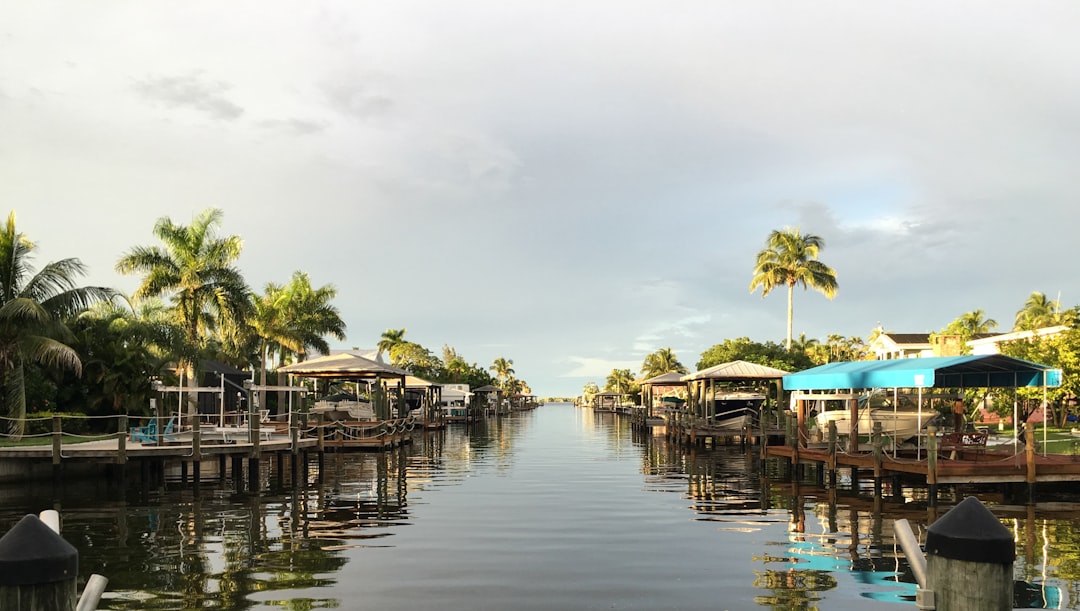In Florida, hazing involving physical or psychological harm, including sexual misconduct, is illegal. Victims of hazing-related sexual abuse should consult hazing abuse lawyers who specialize in deciphering complex laws and guiding them through legal processes to secure justice and compensation. Survivors should seek medical attention, preserve evidence, report the incident to law enforcement, and connect with supportive allies for guidance from these specialized attorneys.
In Florida, hazing-related sexual abuse is a serious issue with severe legal consequences. Understanding the nuances of hazing and its legal ramifications is crucial for both victims and those who wish to prevent such acts. This article explores the role of legal guidance in addressing hazing-related sexual abuse, providing valuable insights and steps to take after an incident. If you or someone you know has experienced hazing abuse, connecting with experienced hazing abuse lawyers in Florida can be a vital step towards justice and healing.
Understanding Hazing and Its Legal Ramifications in Florida
Hazing, often associated with youthful initiation rituals, can take many forms and has severe legal consequences in Florida. When it comes to sexual abuse within this context, the situation becomes even more complex and sensitive. Hazing abuse lawyers in Florida emphasize that these incidents are not merely disciplinary actions but could constitute criminal offenses and civil liabilities.
In the state of Florida, hazing is illegal when it involves any form of physical or psychological harm, including sexual misconduct. The legal system takes a strict stand against such practices, especially when they target minors or vulnerable individuals. Understanding the nuances of hazing-related sexual abuse is crucial for both victims seeking justice and organizations aiming to prevent such incidents. It’s important to consult with experienced hazing abuse lawyers who can guide individuals through the legal process, ensuring their rights are protected while pursuing the appropriate charges against perpetrators.
The Role of Legal Guidance in Addressing Hazing-Related Sexual Abuse
In the context of hazing-related sexual abuse, legal guidance plays a pivotal role in holding accountable those responsible and providing justice for victims. Florida’s laws specifically address hazing, recognizing it as a form of sexual assault when it involves non-consensual acts or extreme emotional or physical pressure. Engaging reputable hazing abuse lawyers in Florida is essential for several reasons. These legal professionals specialize in navigating complex cases involving hazing rituals and the unique challenges they present.
They guide victims through the legal process, ensuring their rights are protected and that they receive appropriate compensation. Hazing abuse lawyers in Florida are well-versed in interpreting and applying relevant legislation, which is crucial when pursuing civil litigation or criminal charges. Their expertise enables them to build strong cases, gather essential evidence, and represent clients’ interests effectively. This support is invaluable for survivors seeking to break the silence surrounding hazing abuse and create a safer environment.
Steps to Take After an Incident of Hazing Abuse in Florida
If you or someone you know has experienced hazing-related sexual abuse in Florida, it’s crucial to take immediate action. The first step is to seek medical attention for any injuries and to preserve evidence, such as clothing or photographs, that can be used in a potential legal case. It’s important to contact local law enforcement to report the incident; they can provide immediate protection and initiate an investigation.
Next, connect with trusted allies, friends, or family members who can offer support during this difficult time. Consider reaching out to hazing abuse lawyers in Florida who specialize in these cases. They can guide you through legal options, help navigate the reporting process, and ensure your rights are protected while building a strong case against the perpetrators.






